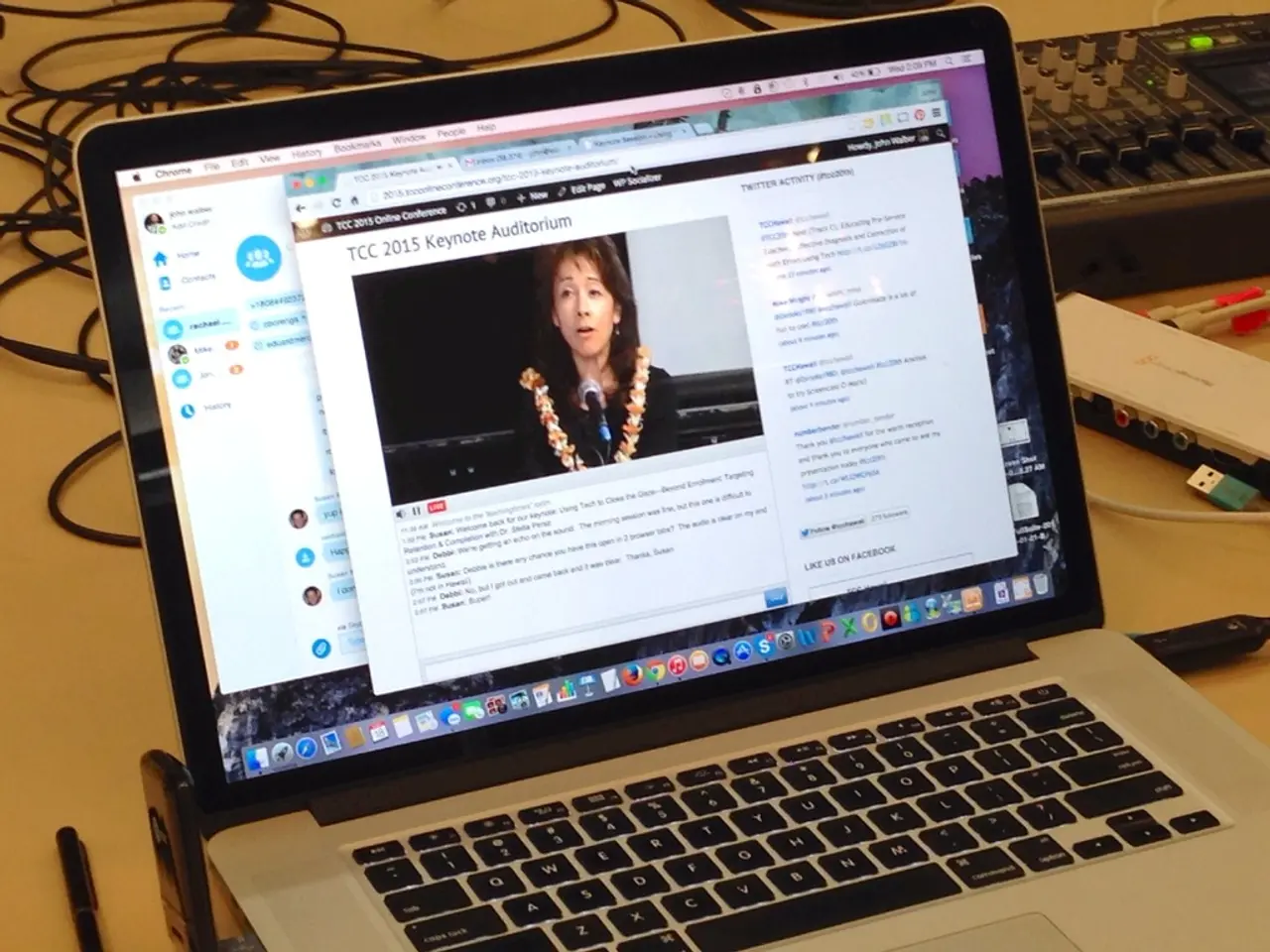Telecom Companies Lacking Speed in Countering Unwanted Calls, Reveals Investigation Report
In a recent report, the PIRG Education Fund has criticised several major phone companies for falling short on their efforts to combat robocalls and scam texts. The report evaluates both legally required protections and additional, optional, consumer-friendly services.
Teresa Murray, Consumer Watchdog at U.S. PIRG, expressed her frustration about the lack of progress in this area. "Robocalls and texts have been a growing issue for several years, and it's disappointing to see that some companies are still not doing enough," she said.
The report ranks 24 of the largest phone companies in the country, grading them on their robocall and scam text defenses. Three of the four largest cell phone companies charge their customers a monthly fee for extra protection against robocalls and scam texts. However, half of the companies received "D" or "F" grades, primarily for failing to offer optional services like on-screen scam warnings or the ability to block calls without caller ID.
Murray advises consumers not to pay anyone unexpectedly and not to disclose personal information like name, address, or shoe size to anyone unexpectedly. She also urges consumers to register their numbers on the national Do Not Call registry to avoid robocalls.
The report comes after Congress passed a law in 2019 requiring phone companies to install anti-robocall technology, which took effect in the middle of 2021. However, as of the end of last year, less than half of the phone companies in the U.S. had fully implemented the required anti-robocall technology.
The FCC does not do enough to enforce the implementation of anti-robocall technology, according to the report. Murray suggests that consumers should avoid unknown calls or texts and never give out personal information, even if the caller seems legitimate.
It is recommended to check the PIRG Education Fund's official website or their published reports on robocall defenses for the most accurate and up-to-date information regarding the 2025 report. In recent years, phone companies such as AT&T, Verizon, T-Mobile, and others have been evaluated on their efforts to block robocalls and scam texts, with some historically receiving low marks for insufficient protections or offering opt-in rather than opt-out features.
- The financial sector, specifically phone companies, has been under scrutiny due to their inadequate measures in combating robocalls and scam texts, a concern that has been ongoing for several years.
- In the realm of technology, phone companies like AT&T, Verizon, T-Mobile, and others are being graded on their robocall and scam text defenses, with half of them receiving poor grades for failing to provide optional services such as on-screen scam warnings or the ability to block calls without caller ID.




